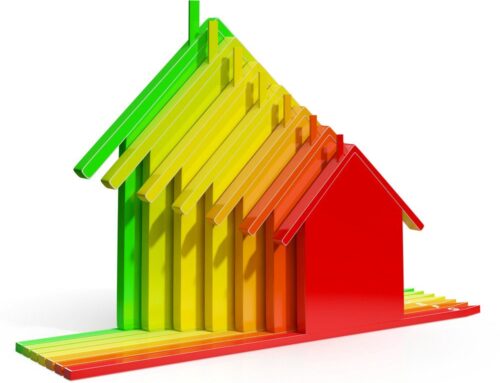The Association of Pool and Spa Professionals reported that there are approximately 10.4 million swimming pools in residential homes in the U.S, and it does not include the 309,000 public swimming pools scattered across the country.
Swimming pools are energy-intensive which makes solar an excellent heating solution. If you have recently considered installing swimming pool solar heating systems to get the most out of your pool, there are a few factors you need to consider.
The Local Microclimate
If you live in an area that receives wind regularly, you may want to install extra solar panels to compensate for the cooling effect. The same goes for people who want to install swimming pools in coastal areas since they tend to have the same microclimatic factors.
After the installation, it may be best to practice covering the swimming pool. If this is not a practical solution for you, tall hedges or fences may help block some of the wind and minimize the problem.
Manual Versus Automatic Controller
Swimming pool solar heating systems can be controlled using a controller which essentially increases the efficiency and performance. The controller does this by determining when to bypass the solar panel for optimum heating. The commonest times when this will happen are during rainy and cloudy periods of the year.
The Amount of Solar Radiation
Most solar panels will work excellently when exposed to the sun all day. Ensuring that your swimming pool is not under a shade will be useful in maximizing the sun’s energy. If you already have a swimming pool in place, there is no need to worry about the shade since you can always add more panels to compensate for the existing ones.
The flexible nature of solar panels is such that you can install a few extra ones in your backyard or any other suitable location. The only thing you have to check is that any new solar panel installation is connected to the existing system.
Covered or Uncovered Pool
As you may have expected, covered swimming pools will retain most of their heat as opposed to uncovered ones. Did you know that a covered swimming pool keeps 70% of the heat that is added to by a solar system?
The reason for this is that covering a swimming pool hinders convectional currents above the surface of the water. As such, the cover reduces the cooling rate substantially. If you already use a cover, you’ll be saving a lot of money on swimming pool solar heating systems since you only need a few panels.
The Size of the Pool
The size of the pool is an important consideration when installing swimming pool solar heating systems. Naturally, you will need more solar panels if you have a big swimming pool and vice versa. However, if you take the other measures presented above, you can save lots of money despite the size of your swimming pool.
The use of solar systems for global energy grew by 29.3% in 2017. Overall, this translated to an installation of 98.9 gigawatts of energy. Various solar companies around the world are responsible for undertaking most of the swimming pool solar heating systems installations.
Understanding the factors that determine the number and nature of panels that you need for your swimming pool will help you save costs. Contact us today to learn more about solar heating systems.


 Solar Company
Solar Company 



